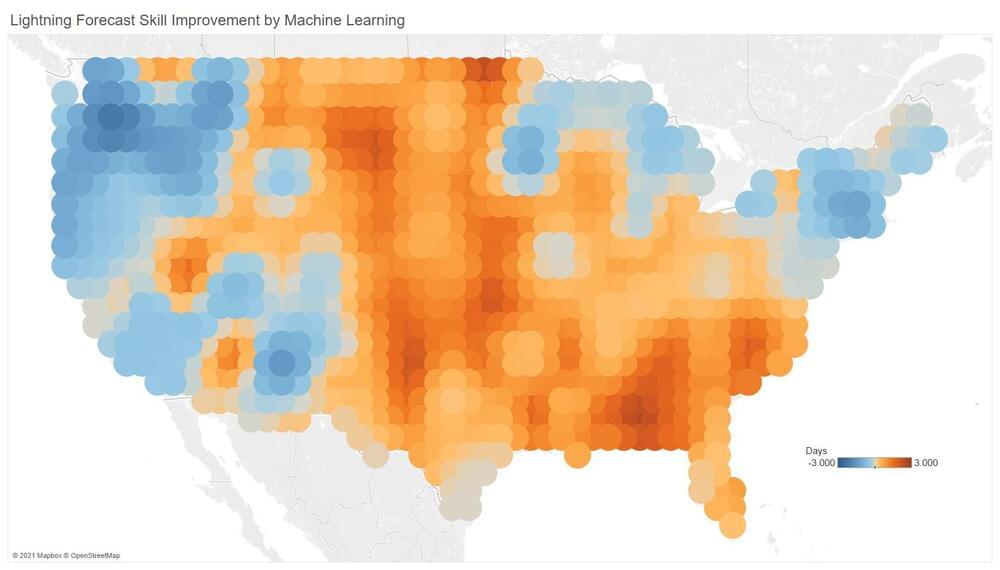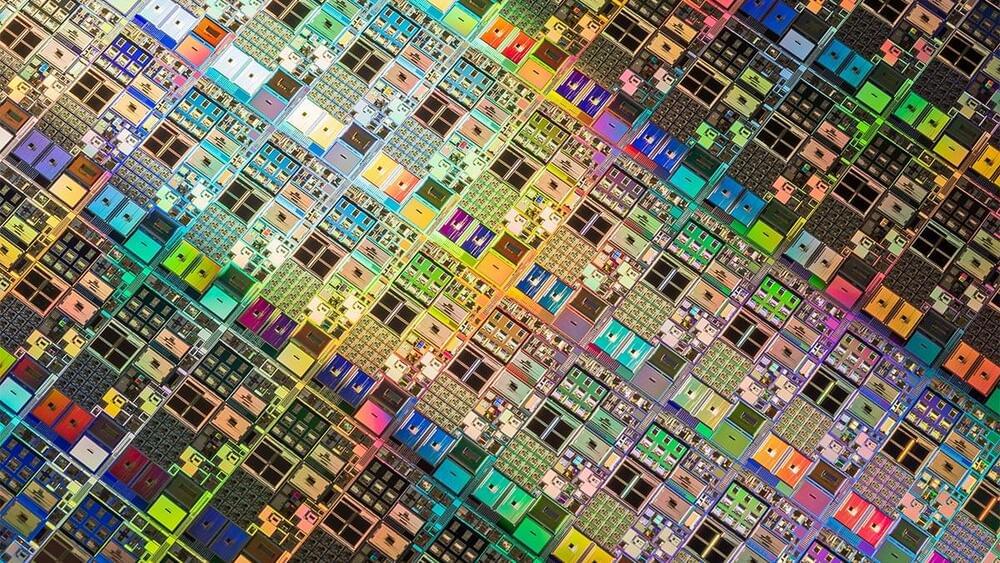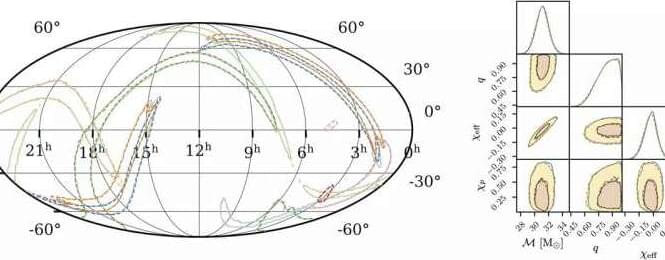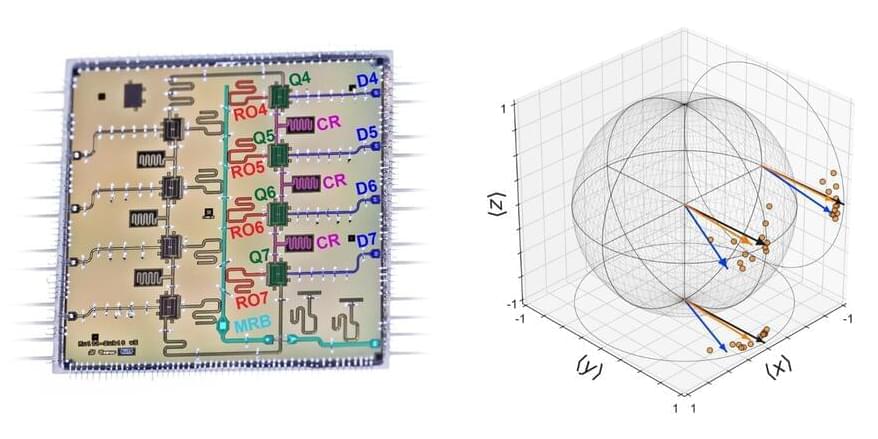Lightning is one of the most destructive forces of nature, as in 2020 when it sparked the massive California Lightning Complex fires, but it remains hard to predict. A new study led by the University of Washington shows that machine learning—computer algorithms that improve themselves without direct programming by humans—can be used to improve lightning forecasts.
Better lightning forecasts could help to prepare for potential wildfires, improve safety warnings for lightning and create more accurate long-range climate models.
“The best subjects for machine learning are things that we don’t fully understand. And what is something in the atmospheric sciences field that remains poorly understood? Lightning,” said Daehyun Kim, a UW associate professor of atmospheric sciences. “To our knowledge, our work is the first to demonstrate that machine learning algorithms can work for lightning.”








